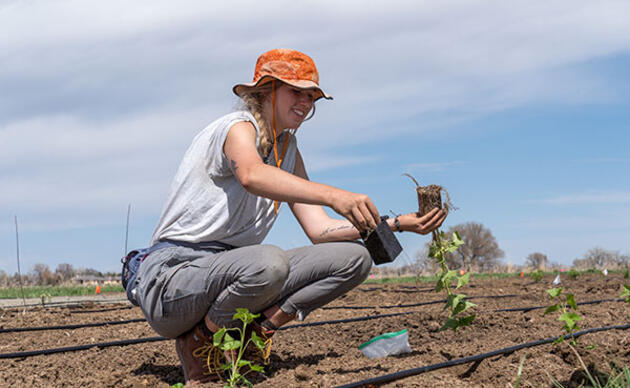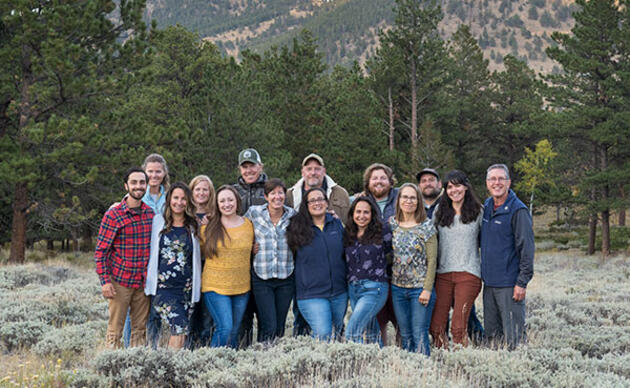Colorado’s legislative session is off to a caffeinated start. The session began on January 4 and runs through May 3, 2019. Governor Polis—along with his new administration and new Democratic leadership in both the State House and Senate—are setting the scene for a busy legislative session.
There are two main dynamics charting the work of Colorado’s lawmakers in water: the ongoing 19-year Colorado River Basin drought and funding for Colorado’s Water Plan.
Due to plummeting water levels in the Colorado River’s two main reservoirs (Lake Powell and Lake Mead) the Colorado Water Conservation Board voted in November, 2018, to support a Colorado River Drought Contingency Plan (DCP). Colorado joined neighboring Upper Basin states of Wyoming, Utah, and New Mexico in support of the DCP in December. Now, all eyes are on the Lower Basin states of California, Nevada, and Arizona as they also evaluate support for a DCP by the looming January 31, 2019, deadline imposed by the Bureau of Reclamation. If the DCP and the necessary water sharing practices are to be successful, Colorado and other states will need improved water policies and funding to protect rivers and compact water deliveries.
In light of climate change, drought planning, and population growth, birds and people need the objectives and actions for increased water security contained in Colorado’s Water Plan more than ever. However, funding for Plan implementation has fallen short. The Water Plan calls for funding needs of $100 million annually from 2020-2050. That’s roughly $3 billion to sustainably fund increased water conservation and efficiency for cities and towns, methods to keep agriculture thriving, and stream and watershed health improvements.
With the DCP and drought top of mind, there has been some positive movement for Water Plan funding. Governor Polis’s budget contains the $30 million investment initially proposed by Governor Hickenlooper to fund the Colorado Water Plan and help mitigate drought, particularly for relief in rural communities. Also, the Colorado Water Conservation Board has proposed $20 million for Water Plan implementation in the 2019 “Projects Bill” that will be submitted later in the session for legislature approval. That’s $9 million more than in 2018.
Water legislation in 2019 is already off and running with much more to come. As we make decisions about water, there is a lot at stake for birds, other wildlife, agriculture, and communities. Audubon is at pace with and fully engaged on conservation and water legislation every step of the way. We will be calling on you to engage in action alerts and education events in 2019. Register for Getting Green Laws, an event that will include legislation training on the evening of February 19th in Denver and a rivers action day at the State Capitol on February 20th.
For Colorado’s rivers and streams, we thank you for your engagement.
Early-session Colorado water legislation that Audubon is engaged with:
HB19-1082 Water Rights Easements - Concerning the rights of a water rights easement holder
HB19-1050 Encourage Use Of Xeriscape In Common Areas - Concerning the promotion of water-efficient landscaping on property subject to management by local supervisory entities
HB19-1015 Recreation Of The Colorado Water Institute - Concerning the recreation of the Colorado water institute
HB19-1113 Protect Water Quality Adverse Mining Impacts - Concerning the protection of water quality from adverse impacts caused by mineral mining
SJM19-001 Memorial For Arkansas Valley Conduit - Memorializing the United States Congress to fulfill the commitment of the federal government to provide funding for the Arkansas Valley Conduit project. From the Water Resources Review Committee
SJM19-002 Corps Of Engineers To Dredge Lower Arkansas River - Concerning memorializing the United States Congress to enact legislation directing the United States Army Corps of Engineers, in conjunction and cooperation with the Lower Arkansas Valley Water Conservancy District, to dredge a portion of the Arkansas River




